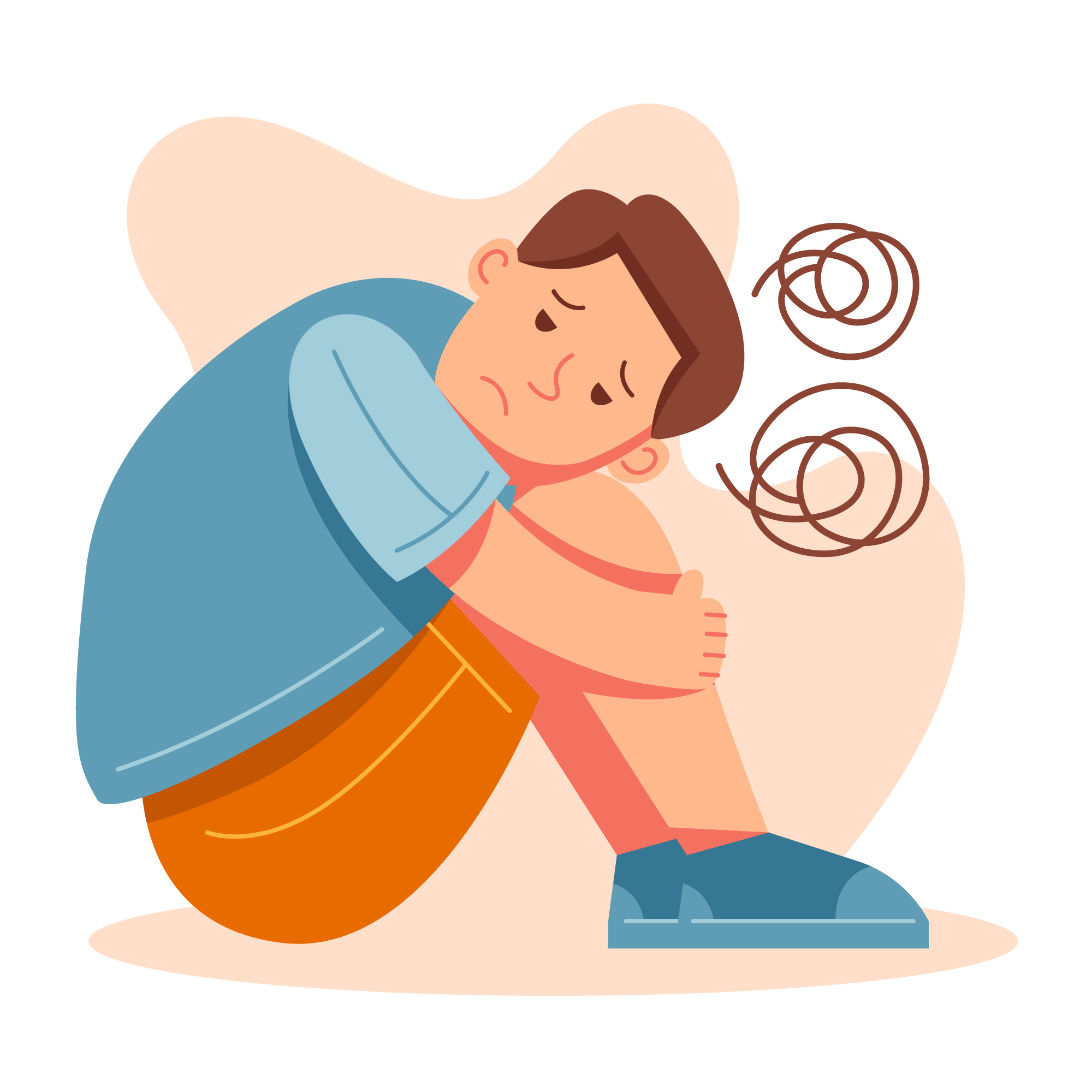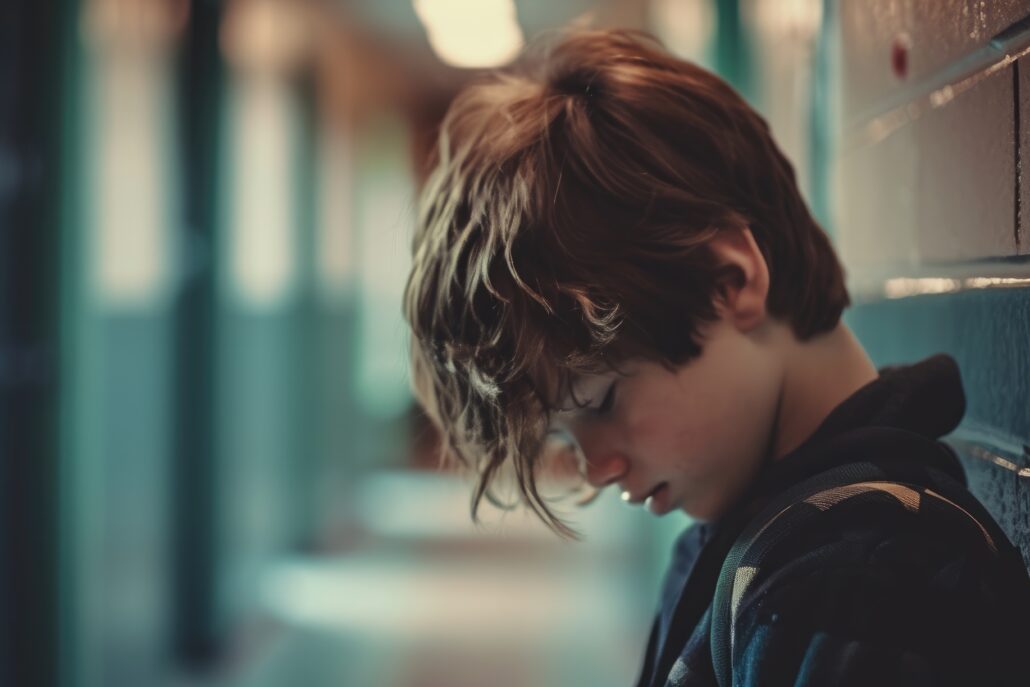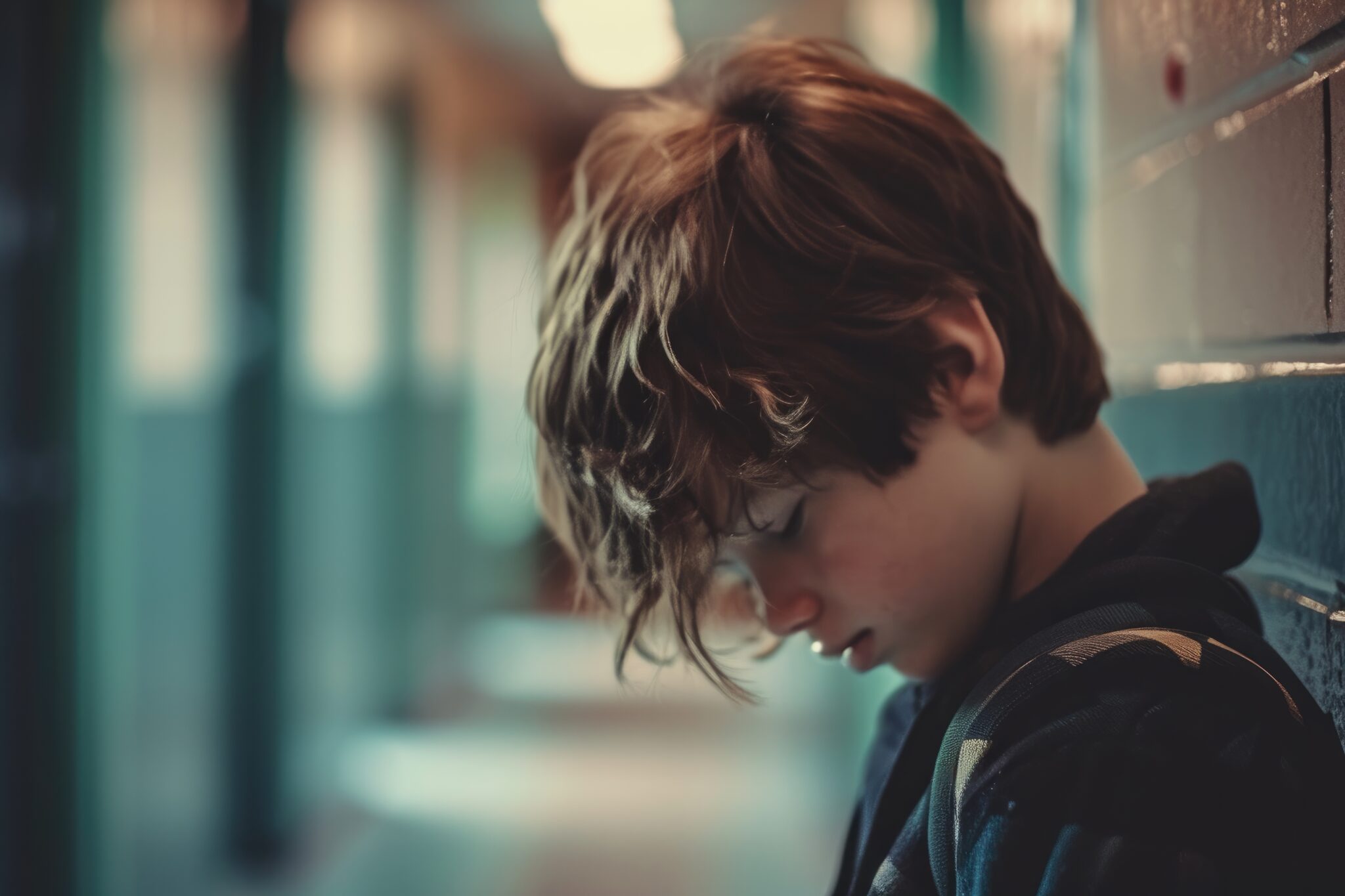High School Sleep Research Study
Researchers at the University of Oregon are conducting a paid research study for high schoolers who sometimes feel sad or depressed.

Fast Facts

High School Student Ages 14-18

Able to Have an MRI Scan (No Magnetic Metal in Body)

Sometimes Feel Sad or Depressed

Earn up to $733 and Get a Picture of Your Brain

Conducted in Eugene, OR
Study Background
The University of Oregon is seeking high school students who often feel sad or depressed to join a sleep study.
This innovative translational neuroscience research will help us understand the impact of sleep and biological rhythms on mental health, response to stressors, and brain function.
Participants will complete virtual interviews about sleep and mental health, tracking your sleep at home for 1 week, and visiting the University of Oregon’s Sleep Lab for MRI scans, computer and performance tasks, physiological assessments, and questionnaires.
Help us learn how sleep affects mental health and brain function.

Study Background
The University of Oregon is seeking high school students who often feel sad or depressed to join a sleep study.
This innovative translational neuroscience research will help us understand the impact of sleep and biological rhythms on mental health, response to stressors, and brain function.
Participants will complete virtual interviews about sleep and mental health, tracking your sleep at home for 1 week, and visiting the University of Oregon’s Sleep Lab for MRI scans, computer and performance tasks, physiological assessments, and questionnaires.
Help us learn how sleep affects mental health and brain function.


Additional Information
The purpose of this study is to help researchers understand the impact of sleep and biological rhythms on mental health, response to stressors, and brain function.
You or your child may qualify for this study if you/they meet the following criteria.
Inclusion Criteria:
- High school student ages 14-18
- Sometimes feel sad or depressed
- Able to have an MRI scan (no magnetic metal in body, no claustrophobia)
- Certain sleep characteristics (assessed during screening)
- No history of serious neurological disorders, heart conditions, or history of head injury with unconsciousness > 5 minutes
- No history of eye disease or epilepsy
- No use of melatonin (unless willing to discontinue use during study)
Once enrolled, this study involves:
- Completing virtual interviews about sleep and mental health
- Tracking sleep at home for 1-3 weeks
- Attending 1-2 in-person visits to the University of Oregon Sleep Lab to complete an MRI brain scan, computer and performance tasks, physiological assessments, and questionnaires (~11 hours per visit)
- Some participants will also be asked to keep a consistent sleep schedule for 2 weeks
Compensation is provided up to $733 for your participation. Participants will also receive a picture of their brain.
There is no cost for you to participate in this study.
